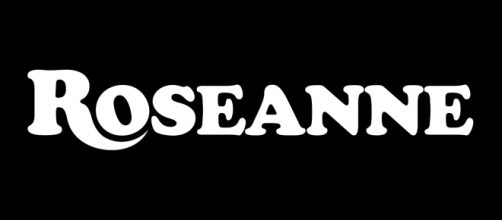Last week's premiere of the highly-anticipated revival of the beloved and groundbreaking sitcom, "Roseanne" brought in astronomical numbers for the modern television age. The anticipation for the series was heightened by internet backlash surrounding the polar opposite political leanings of Roseanne Conner, known as one of the most progressive television characters of the twentieth century; the success of the original show was built on its premise of showcasing the lives of the working class family, which had rarely been seen on television before the show's premiere in 1988.
Despite my disagreement over the character's political views and the bizarre antics of series creator Roseanne Barr, I decided to watch the series premiere out of curiosity to see what came of my favorite characters, Darlene (Sarah Gilbert), and Aunt Jackie, (Laurie Metcalf). Remembered as two of the most progressive television characters of the last twenty years, Aunt Jackie is portrayed as the extreme political opposite of her sister, wearing a "Nasty Woman" t-shirt and referencing her job as a life coach in an effort to mediate a family dinner. Darlene remains her strong and independent self as she makes the decision to move back in with Roseanne and Dan (John Goodman), with her two kids after losing her job.
Fortunately for fans of Darlene, she is the highlight of the series' third episode, and will probably carry the revival and keep it from absolutely plummeting based on storyline.
Roseanne Conner: Uber driver?
Despite the excitement of bringing the Conners into the modern age, the show does not seem to have anything to carry itself with if it does not continue to keep recycling its controversial political narrative. The attempts to keep the Conners believable in the modern world in the third episode are weak and not funny; Roseanne is apparently a reckless Uber driver who complains when a customer asks her to actually obey the traffic laws, and Darlene's daughter Harris owns an Etsy shop.
The show also includes a sad attempt at inclusivity and cultural relevance as Dan mentions missing shows about "black and Asian families."
This is Darlene's world, and we should be living in it
The plot of the episode revolves around Roseanne's criticism of Darlene's parenting of Harris, who is just your typical surly teen but she lacks the reluctant charm that made teenage Darlene special. Her plot revolves around her inability to put away her laundry and Roseanne's exaggerated portrayal of an overbearing grandmother, rightfully earning Harris' insult of a "stupid hillbilly." Darlene carries the episode with her trademark dry humor as she finally helps Harris see reason, effectively saving the episode from falling into the territory of "old and boring sitcom" that the original series worked so hard to rebel against.
While I was excited to see how "Roseanne" would fare with the revival treatment, I won't be watching any further episodes. I was hoping to see how much, if any, potential the show had to overcome the Conners' disappointing political leanings. Without a complete focus on the political narrative (a la Roseanne and Jackie's hilarious banter sequence from the first episode), the show doesn't really have a leg to stand on, and will carry on as slow as Roseanne's motor chair contraption going up the stairs.


